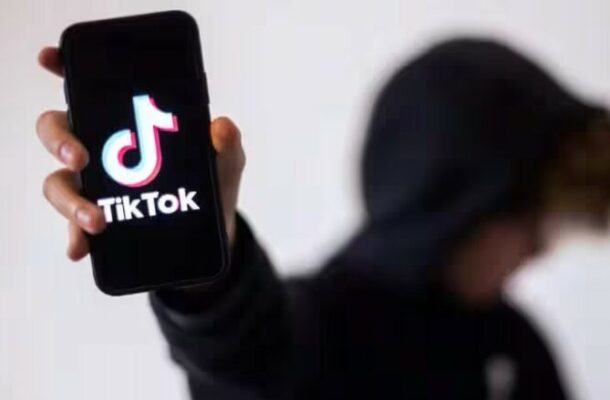TikTok faces scrutiny over its data collection practices, raising concerns about privacy and national security. Learn what information the app collect
TikTok faces scrutiny over its data collection practices, raising concerns about privacy and national security. Learn what information the app collects and its implications for millions of American users.
The popular Chinese-owned social media platform TikTok has come under intense scrutiny in the United States over its data collection practices. With 170 million American users, TikTok collects a staggering amount of personal information, prompting legal battles and national security concerns. A recent analysis, upheld by the US Supreme Court, has revealed the scope of TikTok’s data harvesting, igniting debates about privacy, security, and the app’s future in the country.
Supreme Court Ruling: TikTok’s Data Practices Under the Microscope
On Friday, the US Supreme Court unanimously upheld Congress’ authority to force TikTok’s Chinese owners to sell the platform. The ruling, driven by national security concerns, highlights the extent of data collected by the app.
The court disclosed that TikTok gathers a wide range of user information, including age, phone numbers, precise locations, internet addresses, device details, phone contacts, social media links, private message content, and videos viewed. According to the ruling, the app also tracks behavioral data such as keystroke patterns and rhythms, as well as device calendars and contact lists.
“If a user grants TikTok access to their contact list, the platform can access data such as names, phone numbers, photos, job titles, and even personal notes,” the court emphasized.
This level of data access, the court argued, poses significant risks, as it could potentially be used to track federal employees or even exploit personal details for blackmail. The ruling was based on publicly available evidence presented by the Justice Department, rather than classified information.
A Delicate Balancing Act: Privacy vs. National Security
The Supreme Court’s decision has reignited debates about the balance between user privacy and national security. Critics argue that TikTok’s practices could provide sensitive data to the Chinese government, raising concerns about espionage. These revelations have fueled efforts by Congress to mandate the sale of TikTok to non-Chinese entities, a move designed to mitigate potential risks.
In response to mounting pressure, TikTok temporarily shut down its US operations over the weekend. However, President-elect Donald Trump announced plans to delay the implementation of Congress’ law, granting TikTok a reprieve to negotiate a deal that would address security concerns.
TikTok’s Response and the Path Forward
Following the shutdown, TikTok began restoring its US services, stating, “In agreement with our service providers, TikTok is in the process of restoring service. We thank President Trump for ensuring clarity and assurance for our operations, enabling over 7 million small businesses to continue thriving.”
President Trump, set to take office on Monday, has expressed interest in negotiating a solution that allows TikTok to continue operating in the US. Reports suggest that the federal government may even consider acquiring a 50% stake in the platform as part of a broader national security agreement.
The Uncertain Future of TikTok
TikTok’s journey in the US hangs in the balance as debates over privacy, security, and ownership continue to unfold. With the Supreme Court’s ruling highlighting the app’s extensive data collection practices, the stakes are higher than ever. While President Trump’s intervention offers a temporary lifeline, the platform’s long-term fate will likely depend on its ability to address national security concerns and rebuild trust among American users.

COMMENTS